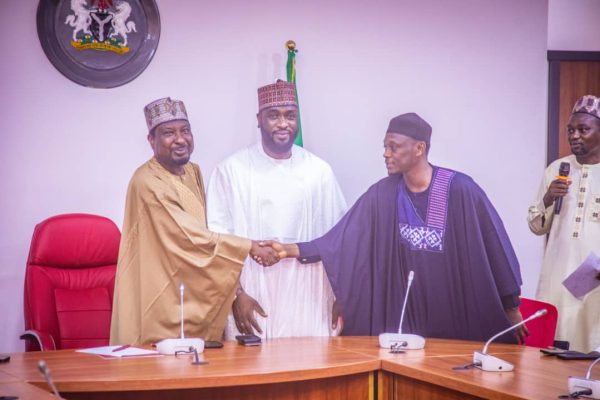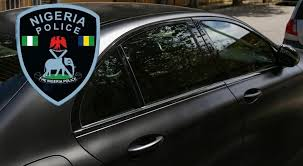For the past couple of months, Nigerians have witnessed a suddenly re-energized anti-graft agency in the name of the Economic and Financial Crimes Commission (EFCC), which has been on a spree of arresting immediate past top government officials and politically exposed persons. At the last count, the agency has made at least 12 high-profile arrests, including three former governors.
Naturally, these arrests have elicited a lot of excitement from Nigerians, who have been quite frustrated with the inability of law enforcement agencies to prosecute corrupt public officials and those who have made a pastime of dipping their hands in the public till. As a matter of fact, the seeming lack of political will on the part of the immediate past president, Goodluck Jonathan is one of the reasons the tide turned against him in the 2015 General Elections and lost him his seat.
Many have credited the sudden burst of energy coursing through EFCC as a response to the political will of President Muhammadu Buhari, who has made fighting corruption a cardinal part of his presidential agenda. The political will that was lacking, they say, is now in much abundance.
However, at this newspaper, we have taken to observing these events with quite some skepticism. This is not because we are not hoping that the war on corruption turns a tide for the better. Rather, it is because we have learnt from history that the start of every new government coincides with a lot of activity done by the EFCC in arresting top people that were in government.
In 2007, the start of the Yar’adua administration coincided with the time that a lot of governors who had been suspected of corruption and money laundering could no longer hide under immunity. Expectedly, the EFCC arrested quite a number of them, including former Jigawa and Enugu State governors, Saminu Turaki and Chimaroke Nnamani. However, so far, only former Edo State governor, Lucky Igbinedion was convicted, and was given a fine.
In 2011, a similar scenario played itself out with the election of former President Jonathan; this time, former Gombe State governor, Danjuma Goje and former Speaker of the House of Representatives, Dimeji Bankole, among others, found themselves arrested or invited for questioning by the EFCC up to subsequent arraignment. However, not one of the “Class of 2011” has been convicted, with most of the trials still underway.
It is obvious that the EFCC has a very dismal record of convictions, and has been mastered the art of trials by media, where arrests are celebrated loudly but do not achieve the desired results.
A lot of reasons have been posited for such situation, chief among which is the fact that the EFCC is not as well-funded as it ought to be. As a result, it is unable to hire the best lawyers that can secure convictions against the suspects who have the means to hire the best lawyers available. Of course, there is also the little matter of a political will lacking, with rumors often swirling about of how past governments use allegations of corruption to extract loyalty from politicians or whip them in line.
There is also the fact that our legal system is still quite jumbled up and fraught with loopholes that enable corruption suspects to evade justice based on technicalities, not to mention that the courts are overloaded, causing cases to be tried at a snail’s pace.
So how do we get to the point where the trials of politically exposed persons for corruption are not just done in the media?
President Buhari and the APC had while on the campaign trail promised to reform the justice system in order to make it easier and faster to have cases tried in Nigerian courts, especially drawing on the experience of Vice President Yemi Osinbajo in reforming the legal system of Lagos State where he previously served as Attorney-General and Commissioner of Justice. The success of the Buhari administration in its fight against corruption will largely hinge on such reforms.
Not only that, the Presidency must make all efforts to get the National Assembly to pass the Non-Conviction Based Asset Forfeiture Bill into law, which will prevent suspects from moving assets that were likely illegally gotten or even worse, use it to pervert the course of justice.
There is also the matter of the promise to merge the EFCC with the Independent Corrupt Practices Commission (ICPC) in a bid to not just cut down costs, but also give the fight against corruption more teeth.
All put together, we will hopefully get to the point where arrests of top government persons past and present is not met with skepticism.













